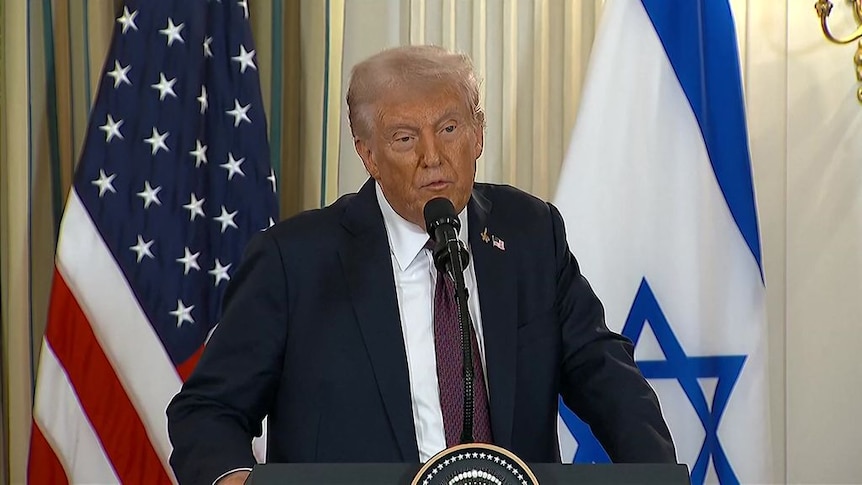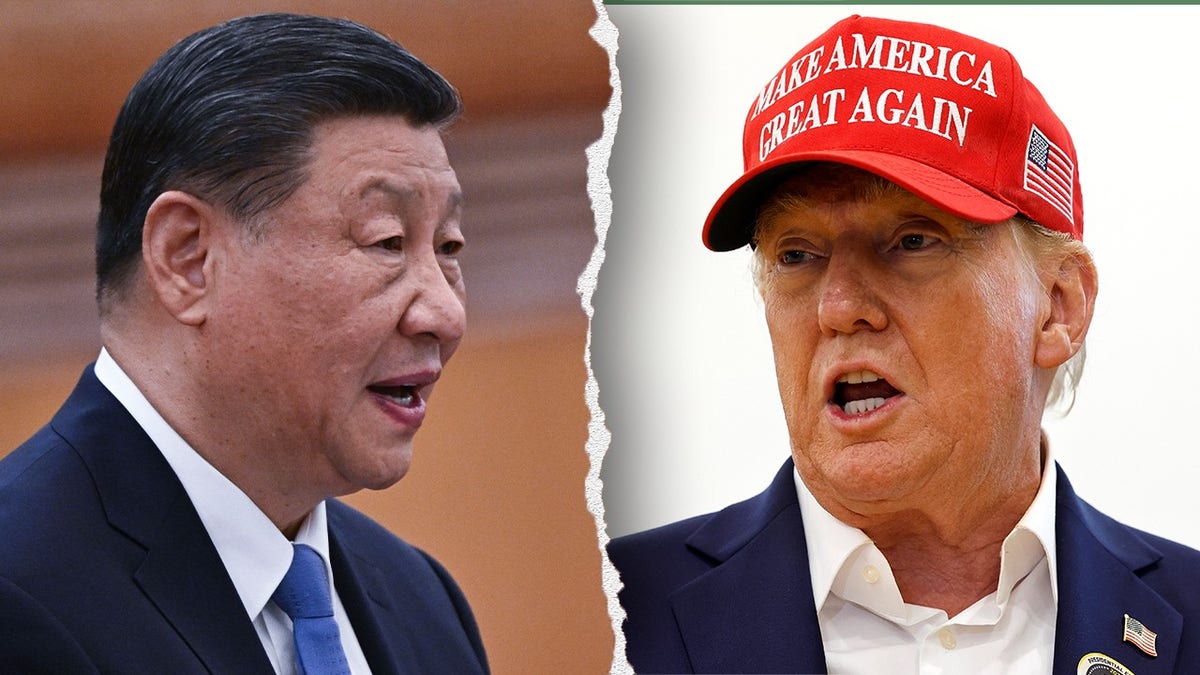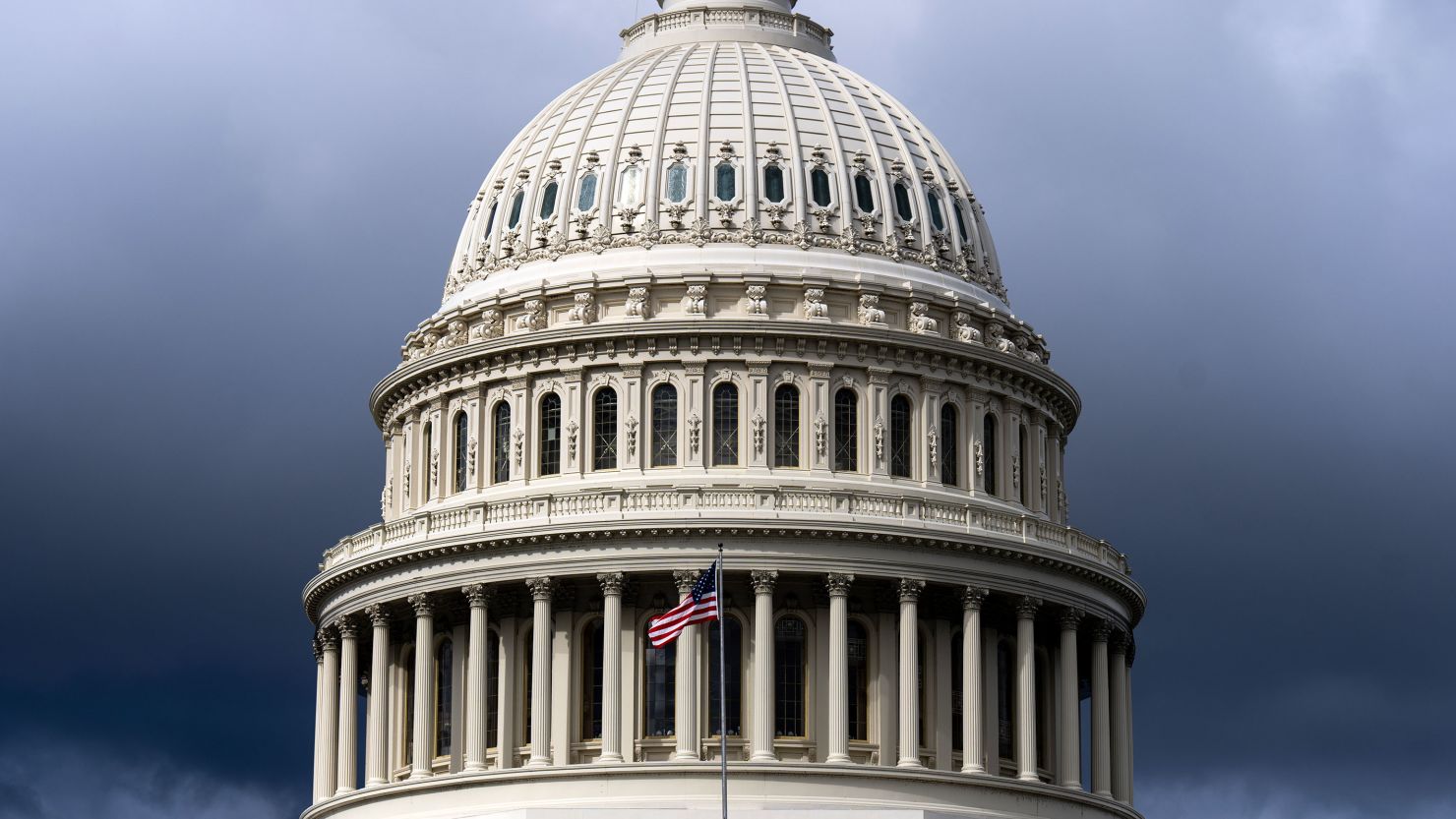
Washington, D.C. – October 9, 2025 – In a stunning diplomatic coup, President Donald Trump announced Wednesday that Israel and Hamas have agreed to the initial phase of a long-sought ceasefire in Gaza, built on a comprehensive 20-point plan spearheaded by his administration. The deal, which includes the release of Israeli hostages in exchange for Palestinian prisoners, marks a potential turning point in the protracted conflict that has gripped the Middle East for over a year.
Speaking from the White House Rose Garden, Trump described the agreement as “the biggest breakthrough since the Abraham Accords,” crediting his direct negotiations with Israeli Prime Minister Benjamin Netanyahu and Qatari mediators. “This is what happens when you have a dealmaker in the Oval Office,” Trump declared to a crowd of supporters and reporters. “No more endless wars – we’re bringing peace, one strong handshake at a time.”
Under the first phase, set to be formally signed in Egypt on Thursday, Hamas has committed to releasing 50 Israeli hostages held since the October 2023 attacks, while Israel will reciprocate by freeing an equal number of Palestinian detainees. The truce also paves the way for increased humanitarian aid corridors into Gaza and a temporary halt to military operations in key border zones. Details of subsequent phases, including long-term reconstruction and security guarantees, remain under negotiation but are expected to unfold over the next 60 days.
The announcement has sparked jubilation across the region. In Gaza City, crowds of Palestinians poured into the streets, waving flags and chanting in celebration of the news, with families of detainees expressing cautious hope for reunions. Internationally, reactions have been mixed but largely positive. European leaders, including French President Emmanuel Macron, praised the move as a “vital step toward stability,” while UN Secretary-General António Guterres urged all parties to “seize this fragile opportunity for lasting peace.”
However, not all voices are unanimous. Critics in the U.S. Congress, including Senate Minority Leader Chuck Schumer, warned that the deal could be undermined by ongoing domestic pressures, such as the looming government funding deadline that threatens a partial shutdown. Progressive Democrats have also raised concerns over the plan’s emphasis on military aid to Israel, questioning whether it adequately addresses root causes like settlement expansion.






